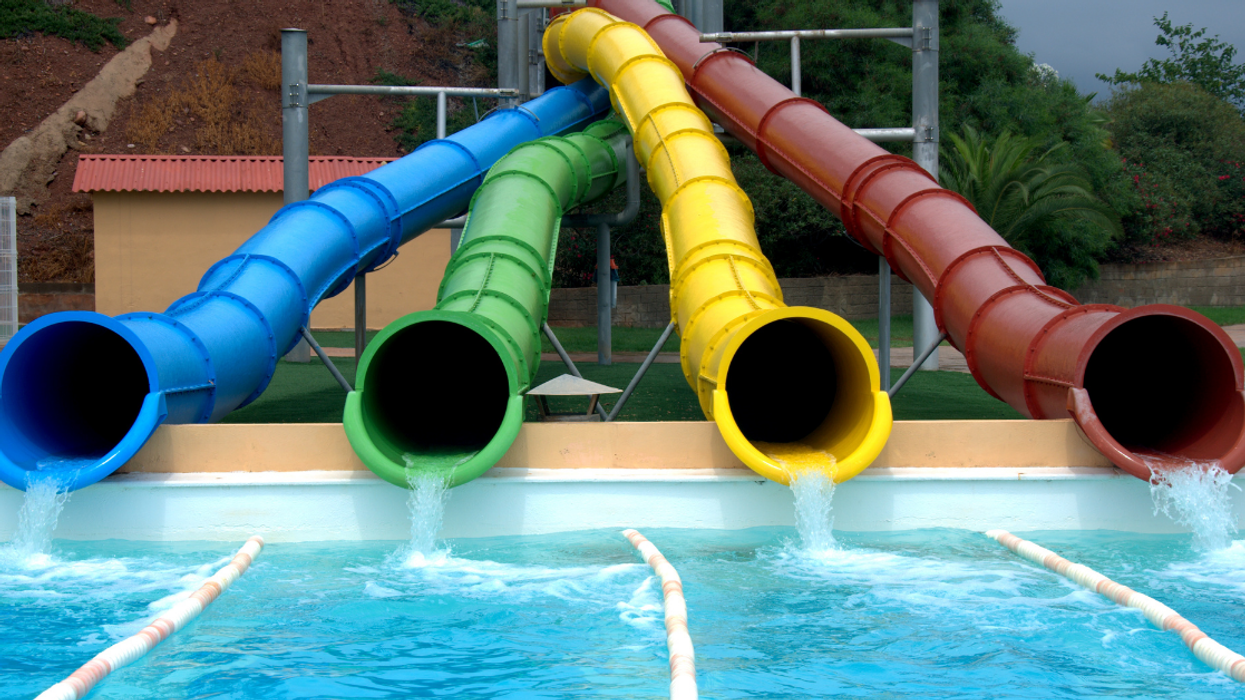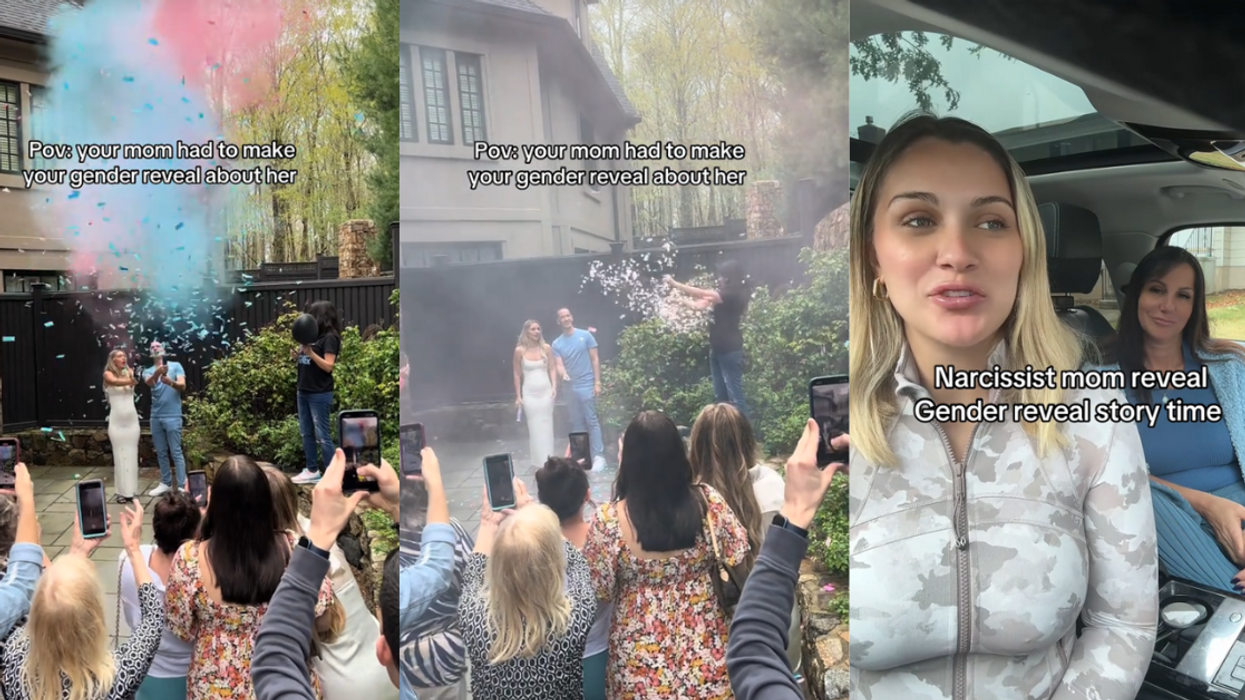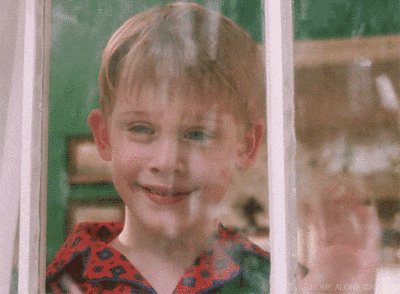The parents of a toddler who died after being infected with Naegleria fowleri—also known as "brain-eating amoeba"—after playing at a city-owned splash pad in Arlington, Texas are suing the city for negligence.
Bakari Williams visited the Don Misenhimer Park splash pad with his parents often, but began feeling unwell almost immediately after they left the park.
His parents reported he was severely lethargic, and his temperature quickly spiked to over 102 degrees Fahrenheit. He died on September 11 from the parasitic infection.
Bakari's mother, Kayla Mitchell, told reporters:
"Nothing could knock him down, so I knew something was wrong."
Bakari's father, Tariq Williams, said:
"Bakari was a loving, energetic, passionate, sweet, beautiful and innocent boy. He didn't deserve to die in this manner."
One of the family's attorneys, Stephen Stewart, commented:
"If you're going to offer this form of public amusement, you've got to do it right. It's too serious not to. It's life and death."
He was pulling no punches during the press conference, continuing:
"A little chlorine and this child would have been here today."
The parents' lawsuit came after the city admitted the testing logs for the water at the splash pad were inconsistent.
Daily testing is mandated by the state but—according to records shared by Fox4's Peyton Yager—testing occurred as little as 36 times in the 100 days the splash pad was operating.
This is Bakari Williams.\n\nThe 3yo died from a brain eating amoeba traced back to a @CityOfArlington splash pad.\n\nToday, Williams' parents & attorneys announced a wrongful death lawsuit against the city after the city admitted there were inconsistent water testing logs.\n@FOX4 9/10pic.twitter.com/fAF9DPM96a— Peyton Yager (@Peyton Yager) 1633396008
The lawsuit points to @CityOfArlington\u2019s failure to conduct daily testing, which is mandated by the state.\n\nSince the splash pad opened for the summer in May, it\u2019s been tested 36 times in 100 days.\n\nPer public records, sometimes only one test was performed the entire week. @FOX4pic.twitter.com/ebksgmGJg3— Peyton Yager (@Peyton Yager) 1633400540
Absolutely heartbreaking— Frank Lloyd Left (@Frank Lloyd Left) 1633400640
So sad! Many prayers to the family— countrygirl (@countrygirl) 1633397929
The Naegleria fowleri is a parasitic single-celled organism that can cause a rare but deadly condition called primary amebic meningoencephalitis (PAM). The infection occurs when contaminated water enters the nose and travels to the brain.
According to the CDC, infections normally occur when people swim in infected warm fresh water like lakes and rivers, but it can occur in "inadequately chlorinated swimming pool water or heated and contaminated tap water."
The couple are seeking over $1 million in damages and the city has 20 days to respond to the suit.
Williams said the suit is largely to bring awareness to this problem.
" For us, this case is about public awareness. The last thing that we want is for anyone else and their family to have to feel and go through what we are going through at this time."
















 breast cancer GIF by Baptist Health South Florida
breast cancer GIF by Baptist Health South Florida  Teddy Bear Doctor GIF
Teddy Bear Doctor GIF  feeling neck skin GIF
feeling neck skin GIF  praying GIF
praying GIF 
 Snail Ugh GIF by Sticker Book iOS GIFs
Snail Ugh GIF by Sticker Book iOS GIFs  Serious
Serious  Home Alone Reaction GIF by 20th Century Fox Home Entertainment
Home Alone Reaction GIF by 20th Century Fox Home Entertainment  Cat Working GIF
Cat Working GIF